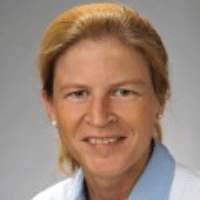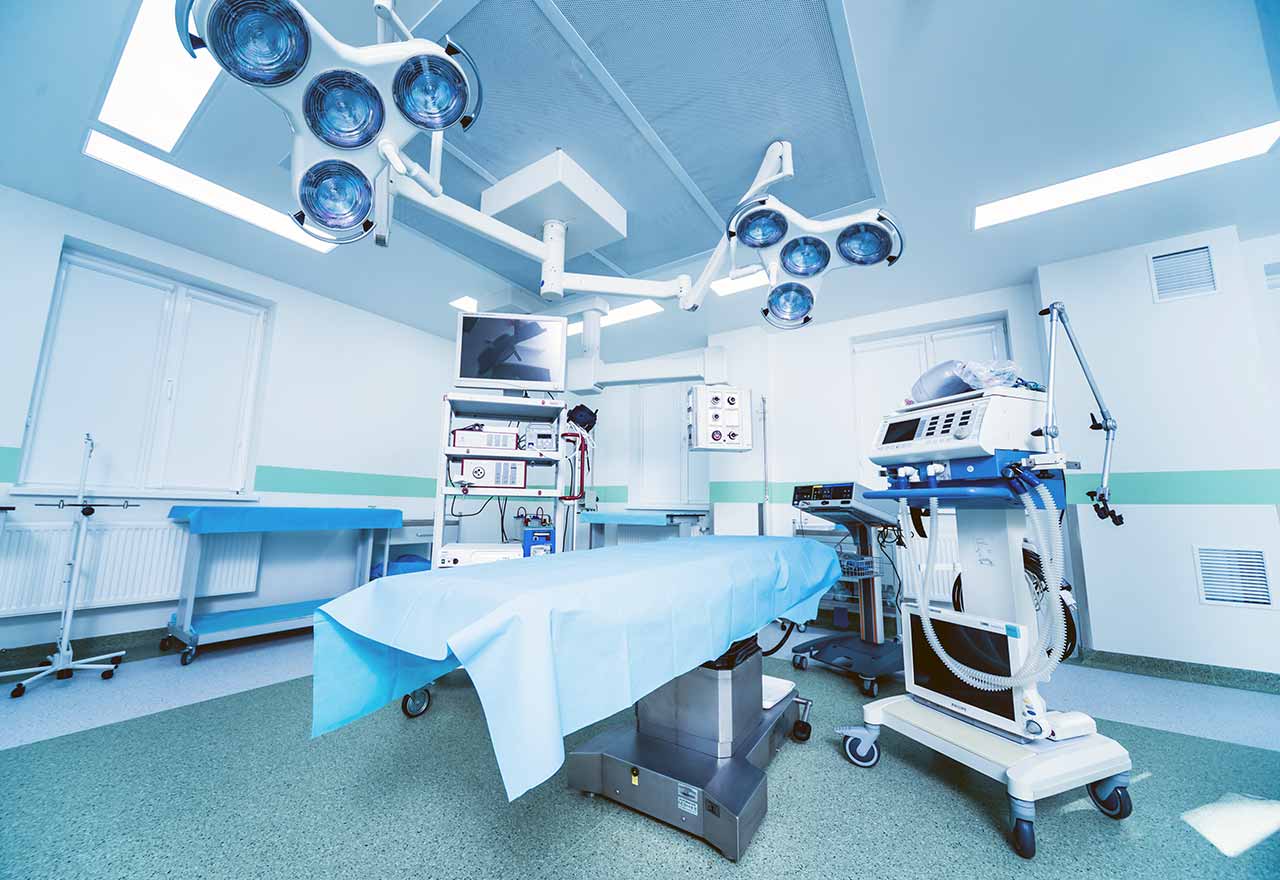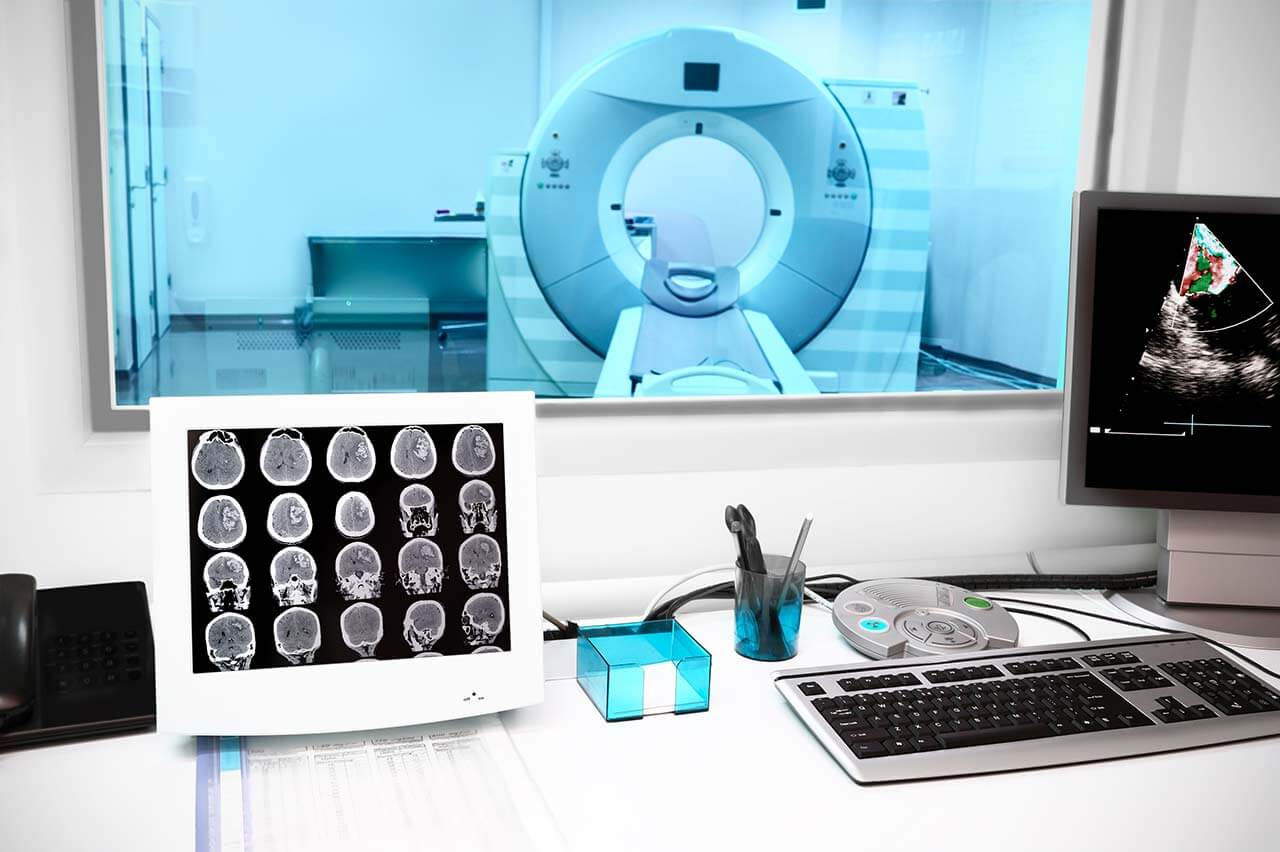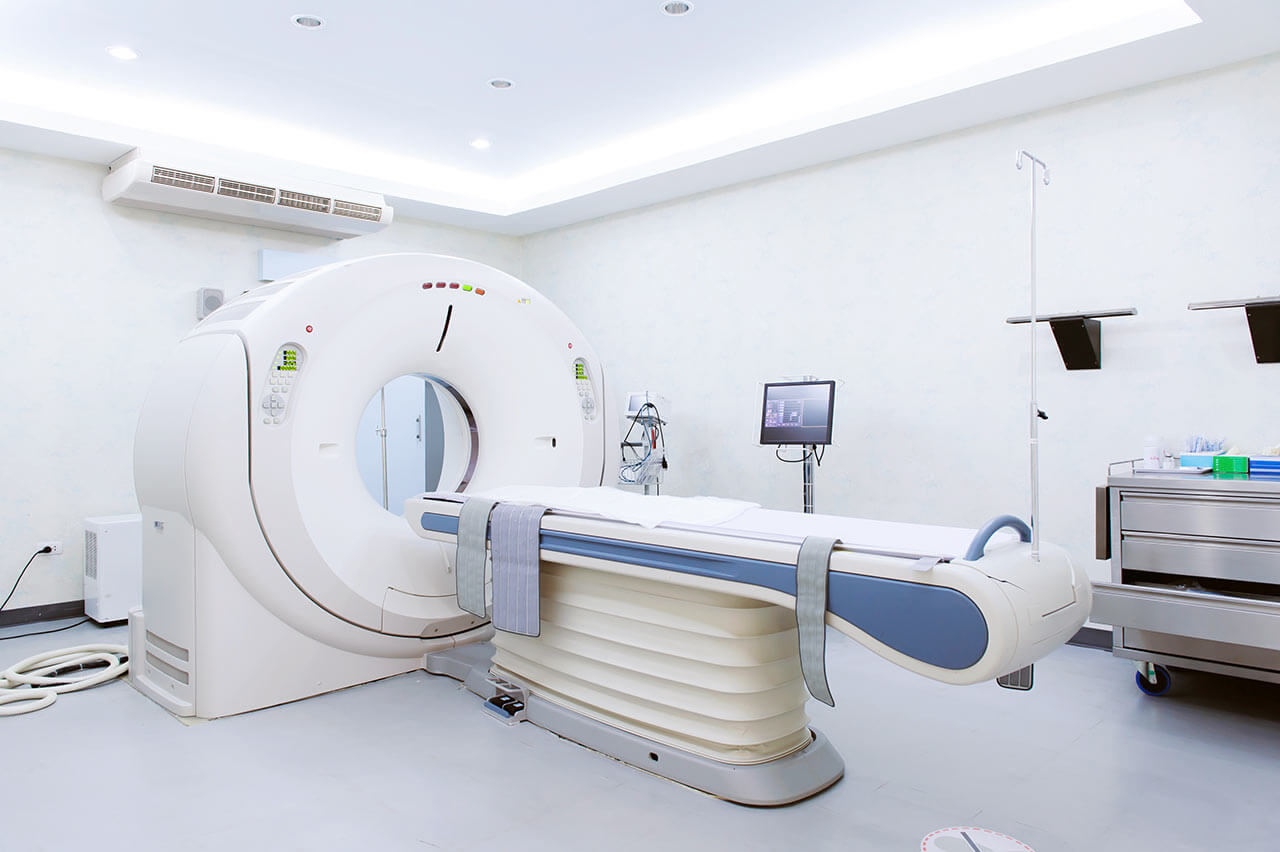
The program includes:
- Initial presentation in the clinic
- clinical history taking
- review of medical records
- physical examination
- laboratory tests:
- complete blood count
- general urine analysis
- biochemical analysis of blood
- TSH-basal, fT3, fT4
- tumor markers
- inflammation indicators (CRP, ESR)
- indicators of blood coagulation
- full course of the chemotherapy and radiation therapy
- nursing services
- consultations of related specialists
- explanation of individual treatment plan
How program is carried out
During the first visit, the doctor will conduct a clinical examination and go through the results of previous laboratory tests and instrumental examinations. After that, you will undergo an additional examination, including complete blood count, laboratory assessment of liver and kidney function. Based on the received results, the physician will elaborate the chemotherapy regimen, conduct radiotherapy planning with the help of CT or MRI, make the permanent tattoo marks on the skin and conduct CT simulation in order to assess the accuracy of the rays and the radiation dose. If necessary, related medical specialists will be involved in the elaboration of a treatment regimen (tumor board).
Chemotherapy and radiation therapy are carried out as the day hospital procedure, without mandatory admission to the hospital. At each visit, the physician will assess your general condition and the marks on the skin. After that, you will be placed in a shielded radiation therapy room, on a special table.
Each radiation therapy session lasts less than half an hour (including preparation). All this time, doctors and nurses are monitoring your condition, you can communicate with them through a loudspeaker. The procedure is completely painless. Depending on the planned course of treatment, you will visit the hospital from 1 to 3-5 times a week.
During the chemotherapy session, after the placement of a venous catheter, you will stay in a comfortable ward. An infusion system will be connected to the catheter, through which the required drug or a drug combination will be administered. All drugs are administered by intravenous drip, slowly, so the total duration of the infusion can be up to several hours. All this time, doctors and nurses will monitor your health condition closely.
After the completion of the chemotherapy and radiation therapy course, you will undergo control examinations aimed at assessing your condition and efficacy of treatment. After that you will receive the medical report with detailed recommendations regarding further follow-up and treatment. In the future, you will be able to have a distant consultation with your attending physician and schedule the next course of treatment, if necessary.
Required documents
- Medical records
- MRI/CT scan (not older than 3 months)
- Biopsy results (if available)
Service
You may also book:
 BookingHealth Price from:
BookingHealth Price from:
About the department
The Department of Radiation Therapy at the University Hospital Hamburg-Eppendorf provides a full range of medical services in its area of competence and specializes in all types of modern radiation therapy using the latest technological achievements. The main profile of the healthcare facility is the treatment of oncological diseases. Therapeutic options also include irradiation for benign pathologies, such as degenerative joint changes. The department's team of radiation therapists is highly qualified and has all the necessary resources to perform 3D conformal radiotherapy, intensity-modulated radiotherapy (IMRT), volumetric modulated arc therapy (VMAT), intensity-modulated tomotherapy, image-guided radiotherapy (IGRT), stereotactic radiotherapy, respiratory-guided radiotherapy, brachytherapy, total body irradiation, and combined chemoradiotherapy. The department treats more than 1,800 patients annually, over 1,300 of whom receive treatment on an outpatient basis. Medical care is provided by a highly skilled team of physicians, including 22 radiation therapists, 12 medical physicists, and 30 medical technologists. Specialists provide the highest quality of treatment in the most comfortable environment, observing the principles of a humane approach to the patient. The optimal type of radiation therapy, the duration of the course of treatment, and its intensity are determined individually, taking into account the characteristics of the clinical case. Thanks to the use of state-of-the-art equipment, radiation therapy in the department is characterized by exceptional efficiency and a high degree of safety. The Head Physician of the department is Prof. Dr. med. Cordula Petersen.
The key to effective radiation therapy is the availability of state-of-the-art equipment that allows physicians to plan the upcoming course of treatment and deliver the optimal dose of radiation to the target with a high degree of accuracy, without causing serious damage to adjacent healthy tissues. The medical facility is equipped with advanced technologies, including TrueBeam STx and TrueBeam Tx linear accelerators, a tomotherapy unit, a Somatom go.Open Pro 4D computer scanner, an IntraBeam Intraoperative RT device, and a MicroSelectron brachytherapy system. An equally important role in the success of radiation therapy is played by the expert experience and professional skills of the doctors – the department has one of the best teams of radiation therapists in the country, which has gained wide recognition among patients and in professional medical circles.
The therapeutic process in the department begins with an individual consultation with the attending physician, during which the specialist studies the clinical data, offers possible radiation therapy options, and talks about the potential treatment results and possible side effects. This is followed by the preparation phase for radiotherapy, during which the patient undergoes CT diagnostics with the application of special markers to ensure maximum accuracy of irradiation. Radiation therapy is administered in strict accordance with an individualized regimen for each patient and in compliance with current radiation safety standards. In most cases, irradiation is administered once a day 4-5 times a week. The duration of the course of treatment can be from 2 to 8 weeks, depending on the diagnosis and personal indications. Radiation therapy is usually performed on an outpatient basis. The treatment is absolutely painless, but at the same time highly effective. At the end of the treatment, the patient is given recommendations for follow-up care.
The department provides medical care to patients with both malignant and benign diseases, with an emphasis on cancer treatment: head and neck tumors, gynecological and urological cancers, gastrointestinal cancers, breast cancer, bone and soft tissue sarcomas, and skin cancer. In the area of benign disease treatment, the department's physicians most often see patients with arthrosis, heel spurs, meningiomas, acoustic neuromas, and glomus tumors.
The department successfully performs radiation therapy for the following malignant and benign diseases:
- Malignant diseases
- Brain cancer and brain metastases
- Head and neck malignancies
- Eye malignancies
- Malignant lymphomas
- Lung cancer
- Male genital cancer: prostate cancer and testicular cancer
- Female genital cancer: uterine cancer, cervical cancer, vaginal cancer, and vulvar cancer
- Breast cancer
- Bladder cancer
- Esophageal cancer
- Rectal cancer
- Anal cancer
- Stomach cancer
- Pancreatic cancer
- Skin cancer
- Bone and soft tissue sarcomas
- Bone metastases
- Benign diseases
- Arthrosis
- Scapulohumeral periarthritis
- Heel spur
- Achilles tendinitis
- Plantar fasciitis
- Heterotopic ossification
- Dupuytren's contracture
- Endocrine ophthalmopathy
- Meningioma
- Acoustic neuroma
- Chordoma
- Glomus tumors
- Other diseases
The department offers the following types of radiation therapy:
- 3D conformal radiation therapy
- Intensity-modulated radiation therapy (IMRT)
- Volumetric modulated arc therapy (VMAT)
- Intensity-modulated tomotherapy
- Image-guided radiation therapy (IGRT)
- Stereotactic irradiation: cranial stereotactic radiosurgery (SRS) and extracranial stereotactic radiotherapy (SBRT)
- Respiratory-guided radiotherapy
- Brachytherapy
- Total body irradiation
- Combined chemoradiation therapy
- Other types of radiation therapy
Curriculum vitae
Prof. Dr. med. Cordula Petersen is the Head Physician of the Department of Radiation Therapy at the University Hospital Hamburg-Eppendorf since January 1, 2010. Prof. Petersen also served as the President of the German Society for Radiation Oncology (DEGRO).
Dr. med. Cordula Petersen graduated from the Faculty of Medicine at the University of Hamburg. After graduation, she went to Dresden, Germany, to specialize in radiation oncology. From 1996 to 2010, she worked at the Carl Gustav Carus University Hospital Dresden, one of the leading university hospitals in Germany. In 2006, Prof. Cordula Petersen also worked in a Private Radiation Oncology Practice in Hamburg.
Dr. Petersen is regularly involved in promising research projects. She is currently collaborating with the Munich-based company Brainlab and is actively involved in the development and testing of a technology for controlled tumor irradiation, which could potentially lead to a new method for precisely determining the position of a tumor and tracking it during irradiation. This project opens up new perspectives in the field of radiotherapy and has therefore been nominated for the German Future Prize 2022. Together with Stefan Vilsmeier and Klaus Promberger (employees of Brainlab), Prof. Cordula Petersen was awarded the Future Prize 2022.
Photo of the doctor: (c) Universitätsklinikum Hamburg-Eppendorf (UKE)
About hospital
According to the Focus magazine, the University Hospital Hamburg-Eppendorf is one of the top ten hospitals in Germany!
Since its foundation in 1889, the hospital has taken a leading position in the European medical arena, which it still holds today. A highly competent medical team of more than 15,300 employees takes care of the health of patients. Approximately 2,900 of them are physicians and researchers, and more than 3,400 work as nurses and therapists. The hospital has 1,738 beds for inpatient treatment, and many diagnostic and therapeutic services are provided on an outpatient basis. A solid foundation for successful clinical practice in the medical complex is formed by a combination of research achievements with state-of-the-art equipment and the highest professionalism of doctors. In addition, the hospital has a modern and extremely comfortable infrastructure. The most important value for every employee of the University Hospital Hamburg-Eppendorf is the health and well-being of every patient.
The medical facility was the first university hospital in Europe to implement an electronic system for storing patient medical reports. As a result, all diagnostic and treatment protocols are stored electronically. In 2011, the hospital was certified as the first fully digital hospital in Europe.
The hospital represents all areas of modern medicine. The doctors of the healthcare facility have a wealth of theoretical knowledge and vast clinical experience, which allows them to easily cope with the treatment of both common and extremely rare, complex clinical cases. About 550,000 patients are treated here each year, over 450,000 of whom receive outpatient medical care.
An important part of the work of the University Hospital Hamburg-Eppendorf is research activities aimed at developing innovative diagnostic and treatment methods. The main areas of research of the hospital include neurobiology, oncology, cardiovascular research, and research on infectious and inflammatory diseases. Special attention is also given to research in molecular imaging and skeletal biology.
The hospital is distinguished by its first-class level of medical care, which is confirmed by numerous quality certificates of European and international standards: DIN EN IS0 9001 certificate, certificates of the German Cancer Society (DKG) in the treatment of breast cancer, colon cancer, gynecological cancer, prostate cancer, and other oncological diseases, certificate of the German Cardiac Society (DGK) in the treatment of acute coronary syndrome, certificate of the German Spine Society (DWG), and others.
Photo: (с) depositphotos
Accommodation in hospital
Patients rooms
The patients of the University Hospital Hamburg-Eppendorf stay in comfortable single and double bright rooms with a modern design. Each patient room has an ensuite bathroom with a shower and a toilet. The standard patient room furnishings include an automatically adjustable bed with an orthopedic mattress, a bedside table, a wardrobe, a table and chairs for receiving visitors, a telephone, a radio, and a TV. Wi-Fi access is available in patient rooms and throughout the hospital.
If desired, patients can stay in single enhanced-comfort rooms. These rooms are more spacious and are equipped with upholstered furniture, a safe, and a mini-fridge.
Meals and Menus
The hospital offers three meals a day: breakfast, lunch, and dinner. Breakfast and dinner are served in the form of buffets, and for lunch you can choose from several set menus – in total, more than 20 dishes are served for lunch, including vegetarian ones.
If, for some reason, you cannot eat all of the foods, you will be offered an individual menu. Please inform the medical staff about your dietary preferences prior to the treatment.
Further details
Standard rooms include:
![]() Toilet
Toilet
![]() Shower
Shower
![]() Wi-Fi
Wi-Fi
![]() TV
TV
Religion
Religious services are available upon request.
Accompanying person
During the inpatient program, an accompanying person may stay with you in a patient room or hotel of your choice.
Hospital accommodation
During the outpatient program, you may stay in a hotel at the hospital.
Hotel
During the outpatient program, you may stay in a hotel of your choice. Managers will help you choose the most suitable options.
The hospital offers a full range of laboratory tests (general, hormonal, tests for infections, antibodies, tumor markers, etc.), genetic tests, various modifications of ultrasound scans, CT scans, MRI and PET / CT, angiography, myelography, biopsy and other examinations. Treatment with medications, endoscopic and robotic operations, stereotaxic interventions is carried out here, modern types of radiation therapy are also used. The hospital offers patients all the necessary therapeutic techniques.
- Coiling and clipping of aneurysms of different localizations
- Transjugular intrahepatic portosystemic shunting in patients with portal hypertension
- Minimally invasive surgeries (da Vinci)
- Removal and reconstruction of mammary glands
- Hyperthermic intraperitoneal chemotherapy (HIPEC)
These are arteriovenous malformations and angiomas, vascular aneurysms, pathologies of the mammary glands, pelvic organ prolapse, urinary incontinence, malignant tumors of various localizations (area of special attention is treatment of intestinal cancer), pathologies of liver and pancreas, cataracts and rare ophthalmic pathologies (aphakia, aniridia ), infertility and other diseases.
- Interventional neuroradiology
- Mammology
- Oncology
- Gastroenterology
- Surgery
Over 2,900 highly qualified physicians and researchers work at the hospital.





